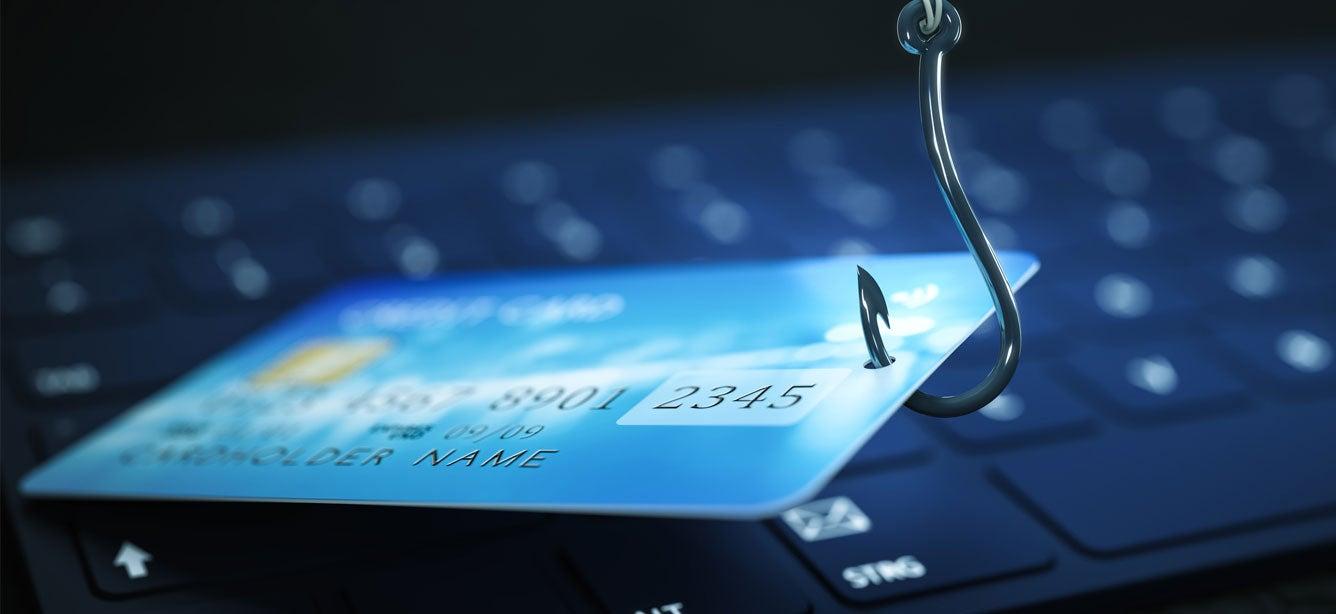
From jewelry to “smart” shirts and yoga pants, digital health products are making it easier than ever to track important wellness measures like blood pressure, heart rate, sleep patterns, pulse oximeters, and blood sugar. Many of these devices even allow users to share data directly with their health care providers—an advantage when managing conditions such as diabetes, insomnia, or cardiac arrhythmias.
There’s no doubt that so-called wearable health technologies are convenient, useful, and a fun and fashionable way to express ourselves. They also collect a lot of personal data. Which begs an important question: Are they secure?
Learn more about these and other digital health technologies—and what you can do to keep your health information safe.
What is digital health technology?
According to the U.S. Food and Drug Administration (FDA), digital health “includes categories such as mobile health (mHealth), health information technology (IT), wearable devices, telehealth and telemedicine, and personalized medicine.” (Both telehealth and telemedicine exploded in use and popularity during the COVID pandemic as a way to maintain vital access to care during shutdown. That popularity continues and has become an important tool for doctors and mental health care providers to treat patients who may have trouble getting to in-person appointments.)
Digital health involves using information and communications technologies across all health disciplines to manage risk factors and illnesses and promote overall well-being.
What are digital health products?
Digital health products include wearable devices, mobile apps, and other products that help monitor your health—or the health of someone under your care—from afar. Some examples include:
- Fitness trackers (like a Fitbit)
- Smart watches
- Step trackers
- Fall alert products
- Remote and home blood pressure monitors
- Sleep trackers
- Connected pacemakers
These products are sometimes called the “internet of medical things,” or IoMT. The IoMT refers to the connection of medical devices and apps to larger health information technology systems.
How do digital health products benefit older adults?
Digital health products are designed to save time, boost accuracy and efficiency, and yield valuable insights, whether used on their own or together. On an individual level, they can make it easier for you to manage chronic health conditions. Health devices can also improve how you exercise and encourage you to add more physical activity to each day.
Digital health products can help by:
- Help you more easily share important information with your providers.
- Reduce some costs for both you and your doctors.
- Streamline your health care experience and make it more efficient.
- Support more personalized, tailored health care.
- Help doctors identify and diagnose life-threatening diseases sooner.
- Increase access to important health care services.
This growing area of health care has compelling benefits. It also raises valid concerns about data privacy and security.
Online privacy vs. security: What’s the difference?
The terms “privacy” and “security” often are used interchangeably online. But there’s a difference between the two:
- Privacy refers to how your personal information is used after it’s collected—and how much control you have over the process.
- Security refers to how protected your personal information is in the first place.
What are some privacy concerns with digital health products or wearables?
When it comes to digital health privacy, one of the biggest issues is that wearable products and other technologies collect a lot of data when they’re in use. Some, if not all, of this data is protected health information (PHI)—also called personal health information. Under the Health Insurance Portability and Accountability Act of 1996 (HIPAA), protected health information is defined as "individually identifiable information relating to the past, present, or future health status of an individual that is created, collected, or transmitted, or maintained by a HIPAA-covered entity in relation to the provision of health care, payment for health care services, or use in health care operations."
This sensitive information is potentially vulnerable to data breaches as well as misuse in marketing. One study showed that personal health data can be easily obtained online with common third-party advertising tools designed for social media marketing.
Patient confidentiality is a fundamental principle of health care, ensuring that personal information shared with doctors and medical institutions is protected. This trust allows patients to be open about their health concerns, enabling medical professionals to provide accurate diagnoses, effective treatment plans, and guidance tailored to each individual’s needs. The same principle should apply to digital health technology. However, for consumers using digital health products today, it can be difficult to know exactly what information is being collected, where it’s going, and how it is protected. Maintaining transparency and security in these tools is essential to building trust and safeguarding sensitive personal data.
HIPAA is a federal law designed to prevent a patient’s sensitive health information from being disclosed without their consent or knowledge. Because of that, some digital health products are governed by it. And in 2009, the Health Information Technology for Economic and Clinical Health (HITECH) Act amended HIPAA to further improve privacy and security protections for health care data.
However, many wearable fitness trackers and other digital health products are not considered “covered entities” under HIPAA—so they’re not required to protect any of the personal data they collect. This creates new data privacy risks that leave consumers vulnerable. For example, many wearable devices upload consumer data to “the cloud” (servers accessed on the internet instead of locally). In the cloud, this data is at risk for cyberattacks and leakage. Further, research has shown that some mobile health applications can leave personal data on the device(s) they run on (like a smart watch). What does this mean? If you sell or trade in your device, someone else could potentially get their hands on and use that information in ways you didn’t agree to.
What are some security concerns with digital health products?
The FDA regulates medical devices for safety and effectiveness concerns, which gives the agency authority over cybersecurity issues. However:
- The FDA approves Class II and III devices, but not Class I devices. Many digital health products are Class I devices and therefore don’t need FDA approval.
- Even when digital health products fall under the FDA’s authority, the agency is primarily concerned with physical safety, not cybersecurity controls. Therefore, any guidelines they issue related to data privacy are recommendations and not a requirement.
The Federal Trade Commission (FTC) often steps in regarding consumer data privacy and security for non-regulated digital health products. Until more specific laws are put in place, however, device security is the “wild, wild west”. That’s why it’s critical to be proactive in protecting yourself and your loved ones.
How can you keep your personal health information safe?
If you want to protect your health care data, the first step is awareness. Your health devices are constantly collecting information about you, and it’s not always clear how that data is stored, used, or shared. To take control of your digital health privacy, make it a habit to:
- Read the privacy policy of every digital health product you use to understand your rights and how your information may be handled.
- Research your devices online to check for any reported privacy or security issues before using them.
- Practice good digital hygiene, including:
- Using strong, unique passwords for all online accounts, especially those related to health or finance.
- Installing software updates as soon as they’re available to keep your devices secure.
- Limiting unnecessary data collection by reviewing and adjusting app permissions.
- Using reputable security tools, such as antivirus or device protection software.
Digital health technology can give you more insight and control over your well-being, and privacy concerns don’t have to hold you back. By following these best practices, you can enjoy the benefits of health innovation while keeping your sensitive information safe.



